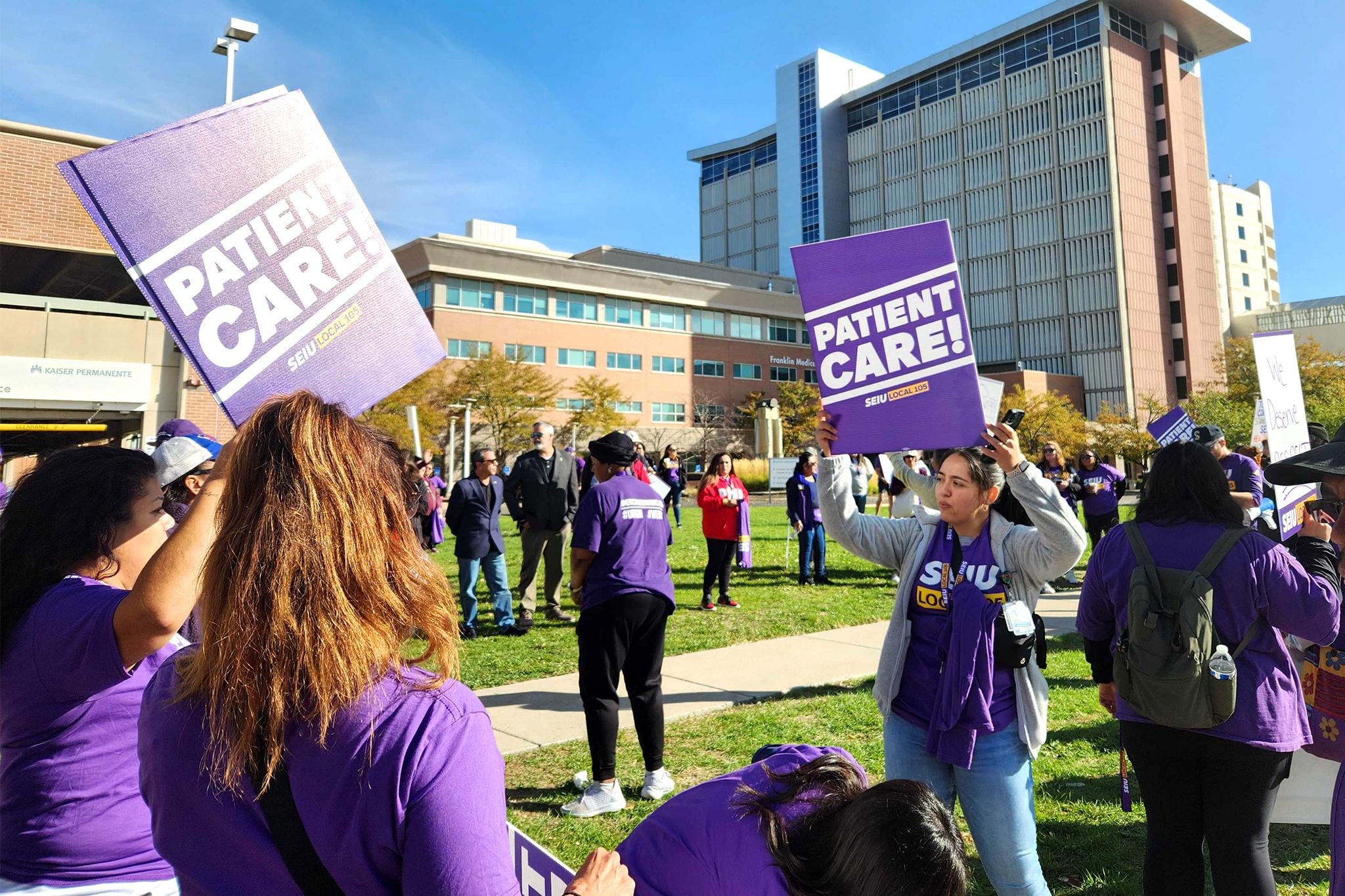
Union negotiators announced early Friday they had reached a tentative agreement with Kaiser Permanente in Colorado and nationwide ending the possibility of further immediate strikes against the healthcare giant.
In a 4:28 a.m. announcement Friday, representatives of the Service Employees International Union said the deal reached late Thursday includes provisions for wage increases and improved training at Kaiser facilities.
"It’s a massive step in the right direction towards truly addressing the crisis in patient care and reducing wait times," said Stephanie Felix-Sowy, President of Denver's SEIU Local 105 in a release. "Workers stood united. They went out on strike in record numbers. Now, they’ve won unprecedented raises and the protections and investment needed to begin safely staffing these facilities for quality patient care.”
The four-year tentative agreement calls for a six percent wage increase in year one, followed by five percent increases in the next three years. It also allows workers to benefit if the company maintains specified profit margins while the workers meet specified goals. The agreement, which still must be ratified by workers, also includes a $23 minimum wage for union workers in Colorado, improved training, protecting remote work and money for use of home offices.
Union representatives and Kaiser met for multiple 36-hour bargaining sessions over the past week to hash out the new deal. Both sides requested the help of Acting U.S. Labor Secretary Julie Su to come to an agreement on key sticking points.
“It was a bumpy ride,” said Steve Shields, vice president of labor relations at Kaiser, during a press conference. “I think (Su) definitely helped us get back to being grounded on the elements where we do have a common interest and we are committed to the mission and committed to caring for people in our communities.”
Thousands of Colorado Kaiser employees including nurses, pharmacy technicians and transport workers went on strike for three days in early October after weeks of negotiations failed to result in an agreement. They were part of 75,000 Kaiser employees nationwide who walked out. A second nationwide strike was set to begin on Nov. 1 if an agreement could not be reached.
Workers cited burnout from the COVID-19 pandemic and chronic understaffing as key drivers of their campaign for higher raises. Su described the outcome as testament to unions’ roles in the U.S. economy.
“It may not always look pretty, but unions have throughout our nation's history built the middle class,” she said. “You hear the president say this all the time, and it's through agreements like this one.”









